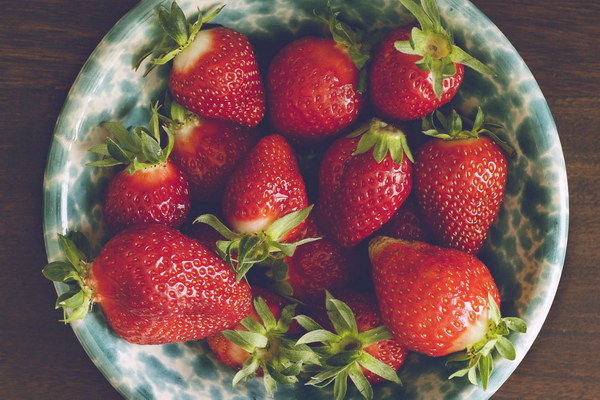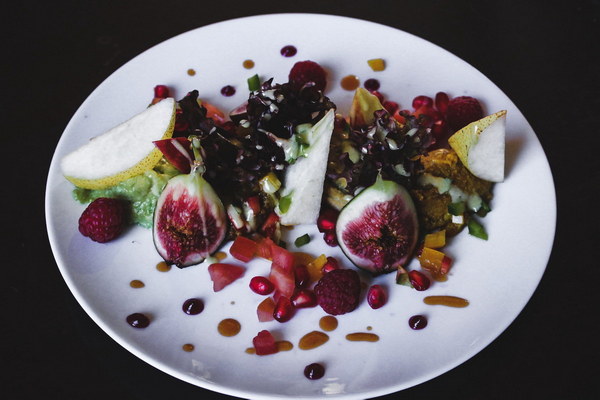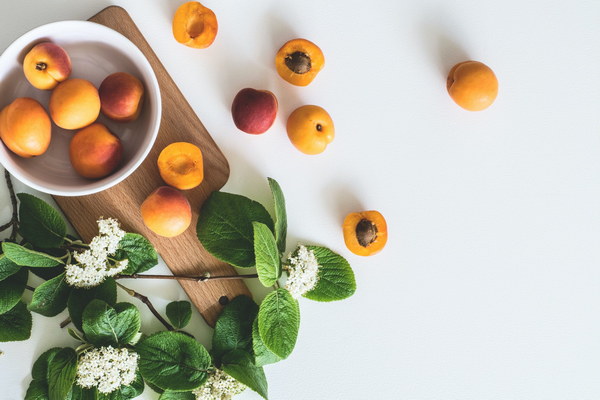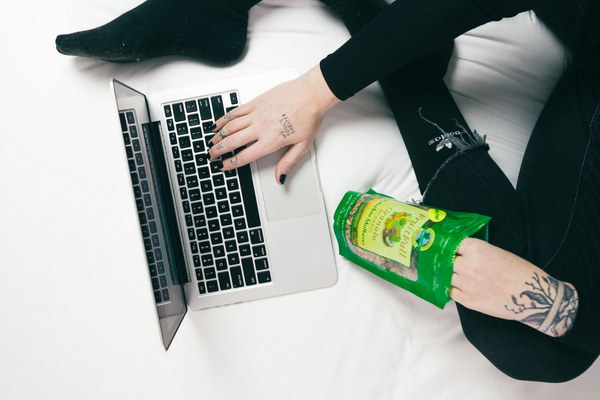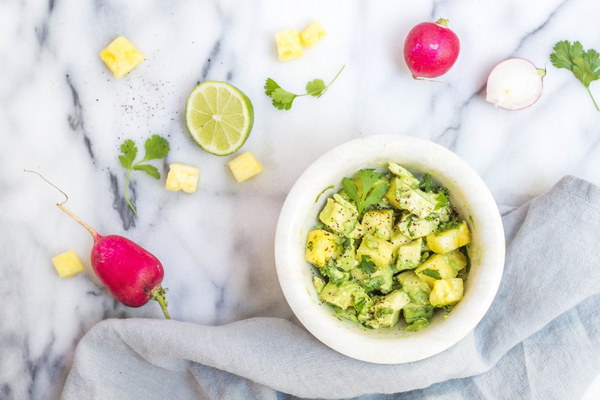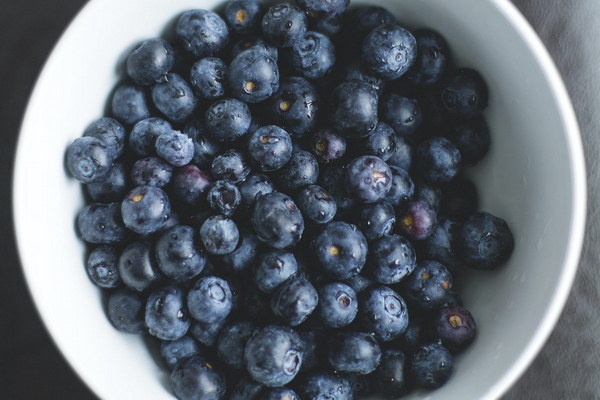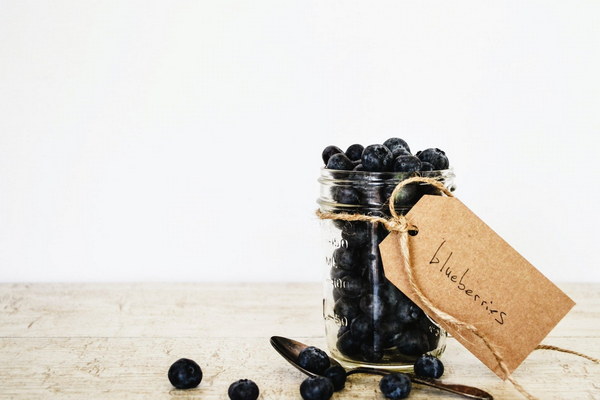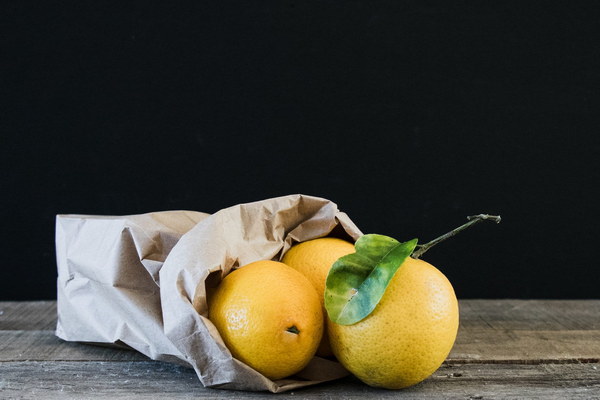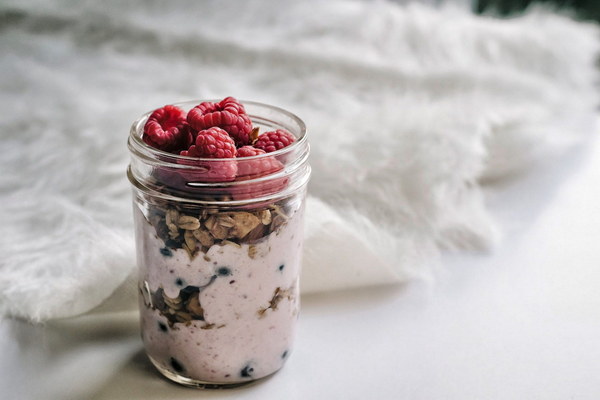The Ultimate Guide to Replenishing Qi and Blood Postpartum Nutrition Tips for New Mothers
Postpartum recovery is a critical period for new mothers. It's essential to focus on restoring energy and vitality, especially since the body has undergone significant changes during pregnancy and childbirth. One of the most effective ways to achieve this is by replenishing Qi and Blood. In this article, we'll explore the best practices for new mothers to boost their Qi and Blood postpartum.
1. Nutrition Tips for Replenishing Qi and Blood Postpartum
a. High-Quality Protein
Protein is crucial for tissue repair and rebuilding, especially after childbirth. Incorporate foods rich in protein, such as lean meats, fish, eggs, dairy products, legumes, and tofu, into your diet.
b. Iron-Rich Foods
Iron deficiency is common among postpartum mothers, leading to anemia. Include iron-rich foods like red meat, poultry, fish, lentils, beans, spinach, and fortified cereals in your meals.
c. Vitamin C-Rich Foods
Vitamin C aids in the absorption of iron. Incorporate fruits like oranges, strawberries, kiwi, and bell peppers, as well as vegetables like broccoli and tomatoes, into your diet.
d. Folate-Rich Foods
Folate is essential for the production of red blood cells and preventing anemia. Include leafy green vegetables, legumes, citrus fruits, and fortified cereals in your diet.
e. Vitamin B12-Rich Foods
Vitamin B12 is vital for the formation of red blood cells and the maintenance of the nervous system. Consume foods like fish, meat, dairy products, eggs, and fortified cereals.
f. Dark Leafy Greens
Dark leafy greens, such as spinach, kale, and Swiss chard, are rich in iron, calcium, and magnesium, which are essential for postpartum recovery.
g. Nuts and Seeds
Nuts and seeds, such as almonds, walnuts, chia seeds, and flaxseeds, provide healthy fats, protein, and essential nutrients to support postpartum recovery.
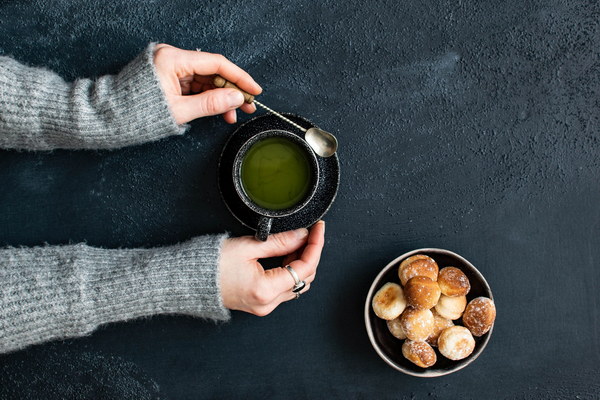
2. Herbs and Supplements
a. Traditional Chinese Medicine (TCM)
TCM offers various herbs and formulas that can help replenish Qi and Blood postpartum. Some commonly used herbs include Angelica sinensis (Danggui), Rehmannia glutinosa (Shu Di Huang), and Pueraria lobata (Ge Gen).
b. Vitamin Supplements
If your diet is not meeting your nutritional needs, consider taking vitamin supplements, such as iron, vitamin C, and vitamin B12, after consulting with your healthcare provider.
3. Hydration and Rest
a. Stay Hydrated
Drinking plenty of fluids is essential for postpartum recovery. Water, herbal teas, and broths can help replenish fluids and support the body's healing process.
b. Rest and Sleep
Rest is crucial for postpartum recovery. Ensure you get enough sleep, nap when your baby naps, and delegate household chores to family and friends.
4. Gentle Exercise
a. Postpartum Yoga
Engaging in gentle postpartum yoga can help improve strength, flexibility, and mental well-being. Consult with a certified yoga instructor who specializes in postpartum recovery.
b. Walking
Gradually incorporating light walking into your routine can improve circulation and aid in the healing process. Always consult with your healthcare provider before starting any exercise regimen.
5. Emotional Support
a. Seek Help
Don't hesitate to ask for help from family, friends, or professionals, such as a postpartum doula, if you're struggling to cope with the demands of new motherhood.
b. Mental Health
Postpartum depression is a common concern for new mothers. If you're experiencing mood swings, anxiety, or depression, seek support from a healthcare provider.
In conclusion, replenishing Qi and Blood postpartum is crucial for new mothers to restore their energy and vitality. By focusing on nutrition, herbs, supplements, hydration, rest, gentle exercise, and emotional support, new mothers can support their postpartum recovery and improve their overall well-being. Always consult with your healthcare provider before making any significant changes to your diet or lifestyle.
